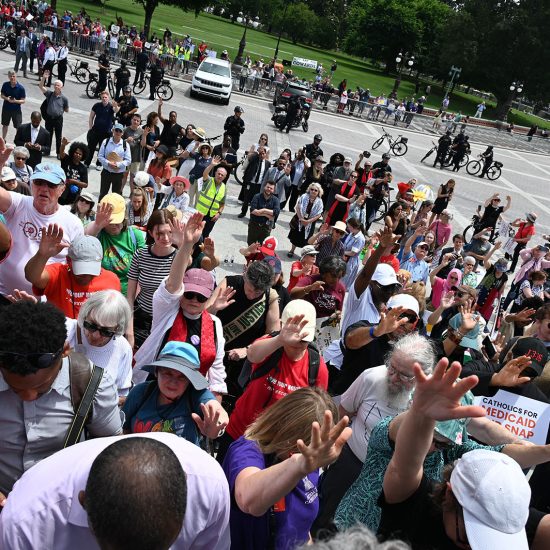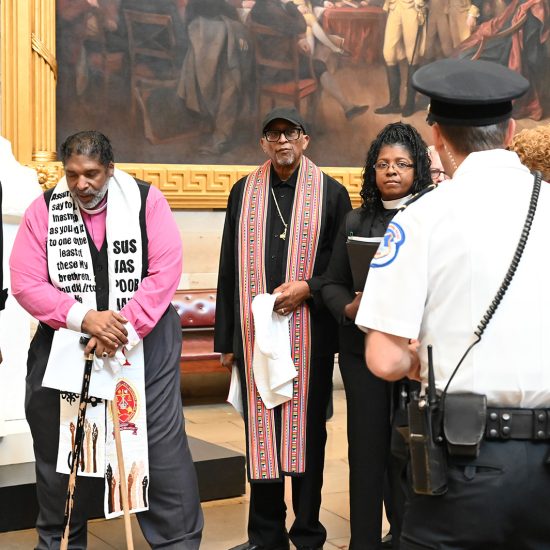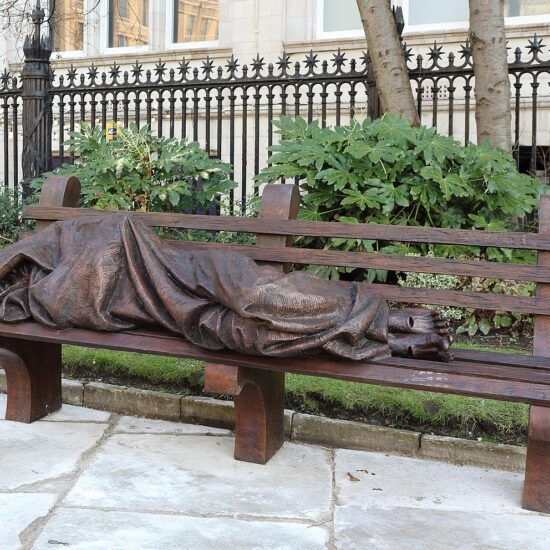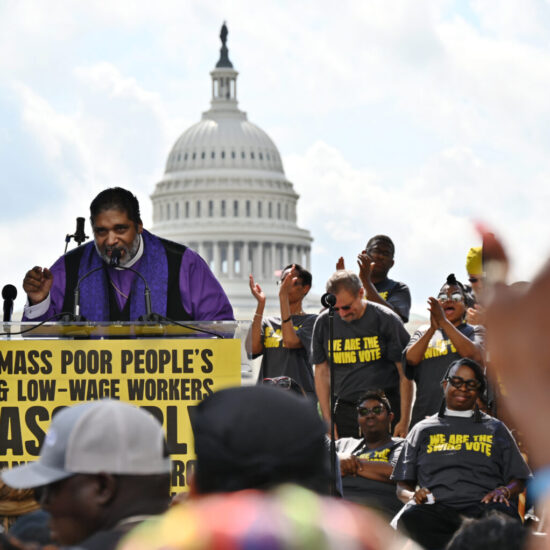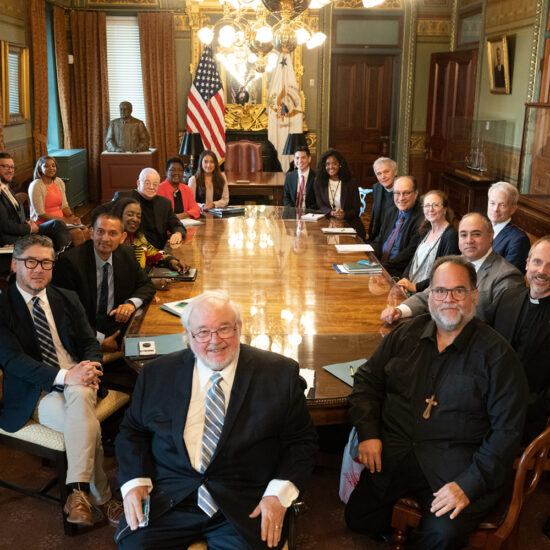More and more people are talking about dealing with global poverty through “micro-enterprises.” Is there any merit to these ideas for alleviating poverty?
Helping the poor is not an option for Christians. It is a biblical mandate. The Hebrew Scriptures and Jesus make clear God’s people are to care for the poor. There are many fine Christian organizations that seek to do that. Habitat for Humanity and Bread for the World are good examples, but they address two different problems that the poor face — housing and hunger. If you begin to study the issues facing the poor, you discover they face many challenges. This means Christians — and non-Christians — have many opportunities to help.
 One of the ways the poor can be helped is by assisting them in becoming self-supporting. The old saying, “I would rather teach a man to fish than give a man a fish” is a sentiment most people would endorse. The idea of helping people become self-sufficient seems to be shared by people who might disagree about theology or politics.
One of the ways the poor can be helped is by assisting them in becoming self-supporting. The old saying, “I would rather teach a man to fish than give a man a fish” is a sentiment most people would endorse. The idea of helping people become self-sufficient seems to be shared by people who might disagree about theology or politics.One strategy for helping many poor people become self-sufficient is establishment of micro-enterprises, or small businesses. The problem the poor have in establishing a business is that they have no access to capital without paying exorbitant interest rates. In some Third World countries, the poor pay 100 percent per day to borrow money. In other words, if they borrow $1 in the morning, they must repay their lender $2 in the evening. What micro-enterprises do is make it possible for the poor to borrow money at a more reasonable rate.
The “grandfather” of micro-enterprises is Muhammad Yunus, who was awarded the Nobel Prize in 2006 for his work with poor women in India. He loaned his own money to a group of poor women to help them establish a self-help group. This set a pattern for future micro-enterprises that now flourish around the world.
The group must have initial capital. That’s where contributors come in. This money is managed by the group who decides who may get a loan. They establish strict guidelines about repaying the loans and restrict the amount any one person can borrow. The borrower not only repays the loan, but pays interest. As the amount of capital grows, more and more borrowers can be included. The borrowers meet regularly and encourage one another and ensure by community “pressure” that borrowers will repay their loans. One example is a man who used his loan to buy a bicycle-repair tool. This doubled his income and made it possible for him to hire associates.
If this way of addressing global poverty appeals to you, you can invest in mutual funds that invest in micro-enterprises or you can contribute to organizations that provide the capital for micro-enterprises. Many missions organizations are doing this. I believe it’s a good way to address this basic need of the poor.
Philip Wise
Consultant, Lubbock, Texas
Consultant, Lubbock, Texas

